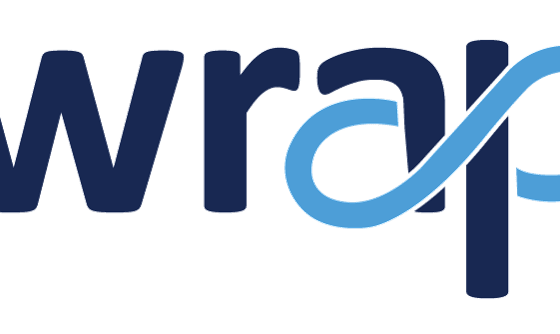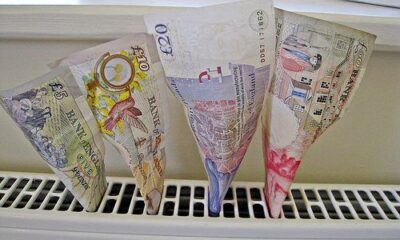

Environment
New €2.1 million project to map out effective recovery of raw materials from electrical products
WRAP is to partner with the KTN, Wuppertal Institute, ERP UK Ltd, and EARN for a new, EU LIFE funded project. The project, Critical Raw Material Closed Loop Recovery (‘CRM Recovery’), will explore commercial opportunities for harvesting critical raw materials and precious metals including gold, silver and platinum group metals, from everyday unwanted electronic products and will be the first-of-its-kind to link collection methods with recovery success.
These critical raw materials (CRMs) are crucial to many electrical products, and the increasing pressure on their supply is a growing economic concern for businesses and governments. However, WRAP research has shown that nearly 40% of electrical products go to landfill when they are disposed of. CRM Recovery aims to address these challenges by exploring viable alternative commercial streams that boost the economy, and sustainable solutions that reduce our reliance on the earth’s natural capital and the need for mining raw materials.
Over the course of the three and a half year project, CRM Recovery aims to increase the recovery of a range of CRMs by 5% from products such as consumer electronics, ICT equipment and small household appliances.
The project will link collection methods, such as kerbside collections, retailer take-back schemes or postal returns, to how the material components of these products can be efficiently dismantled, recovered and returned to the market.
This will present environmental benefits by keeping materials in the loop for longer, and by demonstrating the potential to economically recover these materials from Waste Electrical and Electronic Equipment (WEEE). Findings will be fed back to the European Commission in the form of policy recommendations and proposals for infrastructure development for the cost effective recovery of these precious and critical raw materials.
Four countries will participate – UK, Germany, Italy and Turkey, with each country representing varying maturity stages of recovery development, allowing cross-comparison so that a European-wide framework can be developed.
Dr Liz Goodwin OBE, CEO, WRAP said: “We’re delighted to lead this project which will find effective routes for collecting and recovering valuable materials from electrical and electronic products. I look forward to seeing how these new insights inform the bigger picture, demonstrating the economic and environmental benefits of making better use of resources across Europe”.
Scott Butler, UK and Ireland Regional Director, ERP said: “ERP UK is supporting the CRM Recovery project because we believe this vital area of research will benefit our producer members and help to achieve a circular economy. The environmental and economic gains from the project’s findings could have a profound effect on the electronics industry and the wider economy.”
Dr Steve Fletcher, Head of Sustainability & Resource Efficiency and Head of Chemistry, KTN said: “KTN welcome the award of project CRM Recovery by the European LIFE programme. Encouraging sustainable and efficient use of resources is core to KTN’s activities focused on stimulating innovation and economic growth in the UK. Taking part in this project is a further step to enabling businesses to adopt advanced and novel triple bottom line sustainable technologies and services.”
Dr Sven Grieger, Manager WEEE Operations, EARN European Advanced Recycling Network said: “CRM Recovery will provide both WEEE take-back organisations and recycling operations best practice methods to improve future value-added by increasing the recovery of certain critical raw materials. EARN is joining the project in order to add our knowledge and long-term experiences in WEEE collection and processing across Europe.”
Dr Henning Wilts, Coordinator of the research programme Waste and Resource Efficiency at the Wuppertal Institute said: “We are pleased to be working on this project, as recovering critical raw materials is important for many modern technologies requiring specific metals. Recovering these materials enables the closure of material loops and provides greater opportunities for continuous innovation.”
Twitter: @CRMRecovery


 Environment12 months ago
Environment12 months agoAre Polymer Banknotes: an Eco-Friendly Trend or a Groundswell?

 Features11 months ago
Features11 months agoEco-Friendly Cryptocurrencies: Sustainable Investment Choices

 Features12 months ago
Features12 months agoEco-Friendly Crypto Traders Must Find the Right Exchange

 Energy11 months ago
Energy11 months agoThe Growing Role of Solar Panels in Ireland’s Energy Future





























